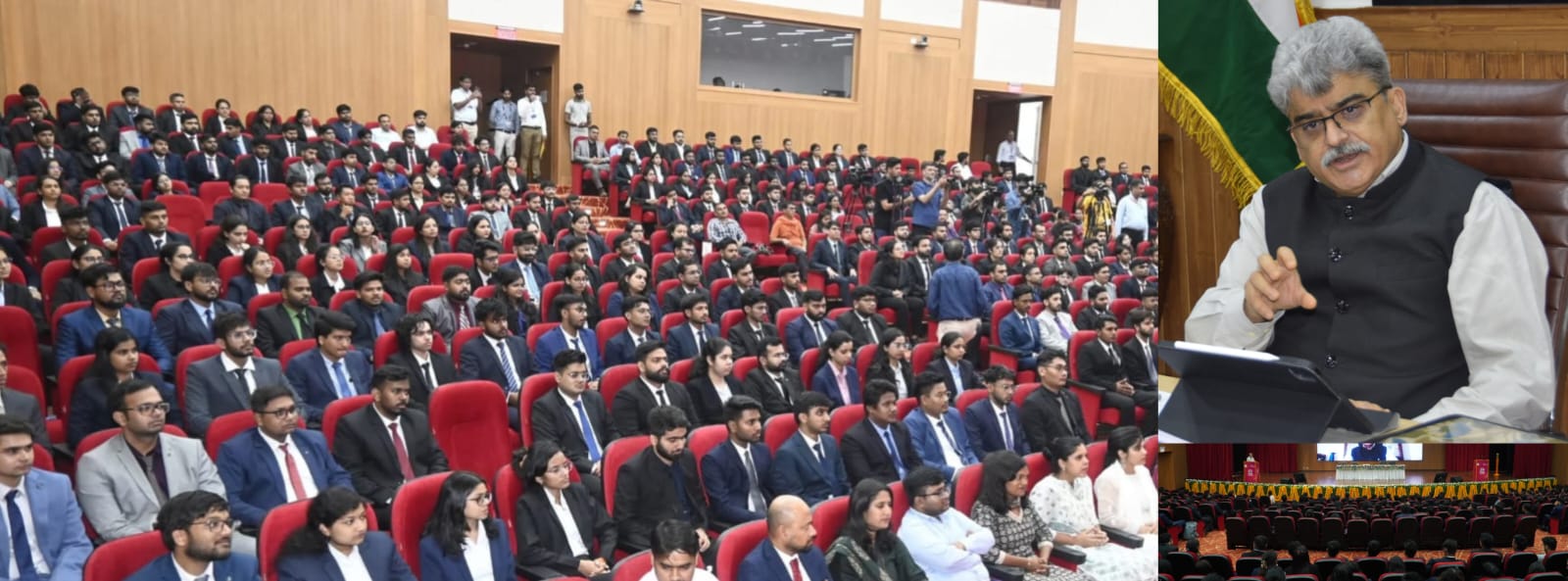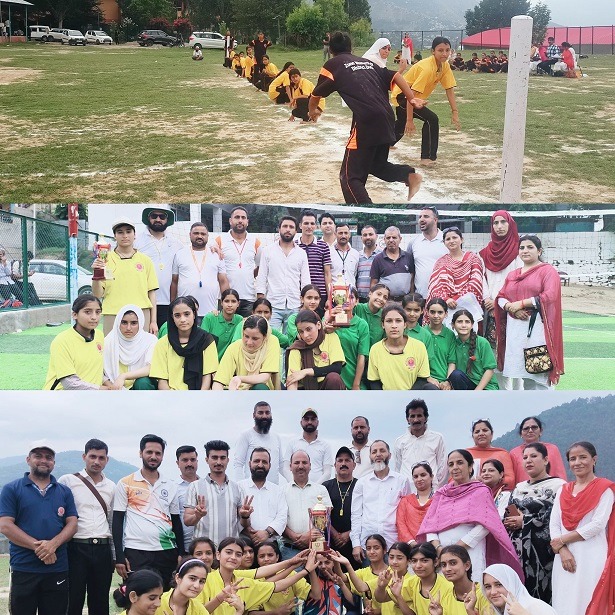NEW DELHI: The Central Bureau of Investigation (CBI) has successfully brought back 134 fugitives from abroad over the past five years—almost twice the number repatriated in the entire decade from 2010 to 2019, according to officials.
This sharp rise in returns has been achieved through close coordination with Interpol, Indian diplomatic missions, and state and central enforcement agencies. Since 2020, the CBI has secured the extradition or deportation of 134 fugitives, including 23 individuals repatriated in 2025 alone. By comparison, only 74 fugitives were returned between 2010 and 2019.
Officials attribute this surge to stronger diplomatic outreach, high-level visits, improved bilateral ties, and advanced technology. They also highlight enhanced coordination with Interpol as a key factor.
Streamlined Extradition Process
The extradition process typically involves three key steps: issuing a Red Notice via Interpol, locating the fugitive, and completing legal and diplomatic procedures for extradition—often a lengthy undertaking.
To accelerate this process, the CBI launched a digital platform called Bharatpol in January. Developed in-house, it connects Indian law enforcement agencies with Interpol through the CBI, significantly speeding up case processing. As a result, the time taken to publish a Red Notice has been reduced from six months to just three.
“The portal has streamlined documentation, reducing delays caused by unfamiliarity with Interpol’s format. The back-and-forth communication between the CBI and various agencies has also been minimized,” an official said.
Strengthened Diplomatic Ties
India’s increasing global engagement has also played a crucial role. The Ministry of External Affairs—particularly ambassadors and high commissioners—has been instrumental in facilitating extraditions.
The CBI has enhanced international cooperation further through its Global Operations Centre, which works with foreign law enforcement to accelerate repatriation efforts.
A notable success of this collaboration was the recent arrest of Nehal Modi in the United States. Nehal, the brother of Nirav Modi—accused in the ₹13,000 crore Punjab National Bank scam—was arrested upon his release from Franklin Correctional Institute in New York. The CBI had proactively contacted US authorities a month earlier to ensure his detention. He now faces extradition proceedings starting this week.
Meanwhile, Nirav Modi remains in custody in London, and Mehul Choksi in Antwerp, with multiple bail petitions denied. The CBI continues to pursue their extradition through legal channels.
Continued Successes
Last week, after years of legal proceedings, Monika Kapoor, an economic offender who fled India in 1999, was extradited from the US on July 9.
India’s efforts are reciprocal. In March, Lithuanian national Aleksej Besciokov, wanted by US authorities for laundering millions through his platform “Grantax,” was arrested in Kerala. He was attempting to flee but was apprehended in a joint operation by the CBI and Kerala Police.
Additionally, the CBI has initiated action against several fugitives who fled to India from Gulf nations and has been cracking down on cybercriminals targeting foreign nationals. Based on complaints from the US, Germany, and Japan, several cyberfraud rings were dismantled, with cryptocurrency worth ₹30–40 crore seized during nationwide raids.
Such actions have boosted India’s standing, resulting in greater cooperation from other countries on its extradition requests. As of December 2024, 65 Indian extradition requests were under review in the US.
Key Partners and Future Challenges
The Gulf region, particularly Saudi Arabia and the UAE, has emerged as a key partner in India’s repatriation efforts. Several fugitives were returned from the UAE in 2025, including:
- Kubbawala Mustafa, narcotics manufacturer
- Taher Salim Dolais, drug trafficker
- Upavan Pavan Jain, fraudster
- Moideenabba Ummer Beary, counterfeit currency trafficker
- Suhail Basheer, wanted in Kerala
However, officials noted that some jurisdictions remain challenging due to domestic legal constraints. Nevertheless, persistent diplomatic efforts have led to the arrest of several high-priority fugitives, though specific nations were not disclosed.
India currently has extradition treaties with 48 countries and formal arrangements with 12 more, according to government data.
High-profile global events such as the 2022 Interpol General Assembly and the G20 Summit hosted in India have also helped galvanize international cooperation. During the summit, Prime Minister Narendra Modi made a strong appeal for faster extradition of fugitives.
“There can be no safe havens for the corrupt, terrorists, drug cartels, poaching gangs, or organised crime. Such crimes against people in one place are crimes against everyone—crimes against humanity,” Modi stated.
Home Minister Amit Shah echoed the call, urging the creation of a permanent Interpol mechanism for real-time information exchange among counterterrorism agencies worldwide.




















